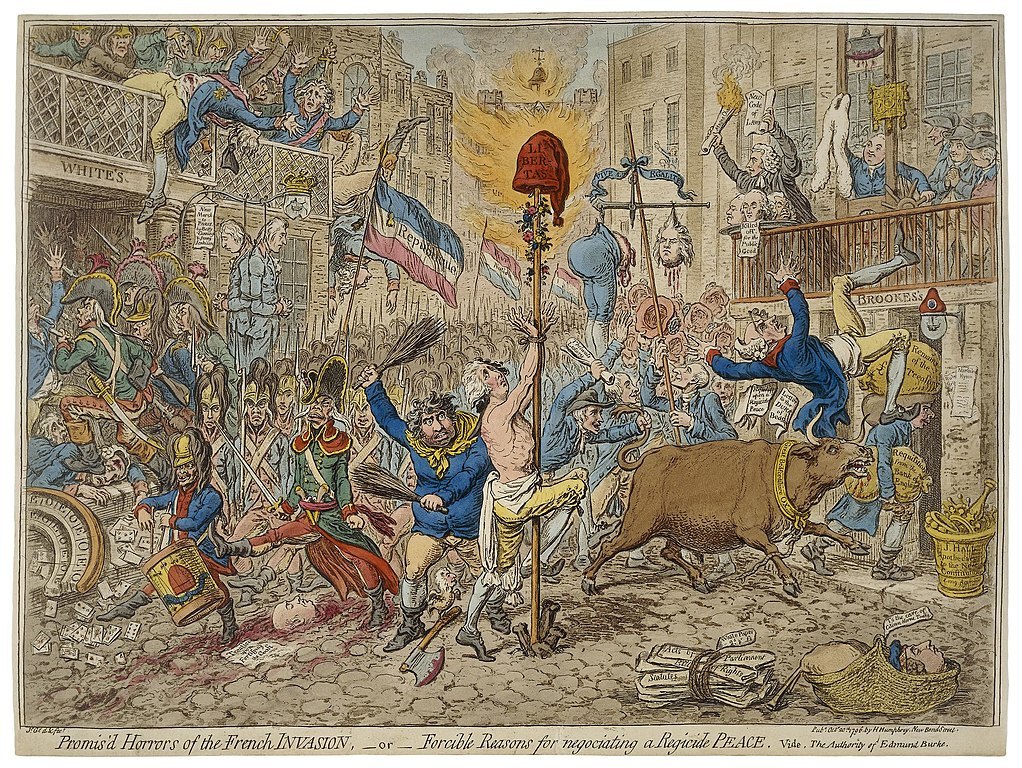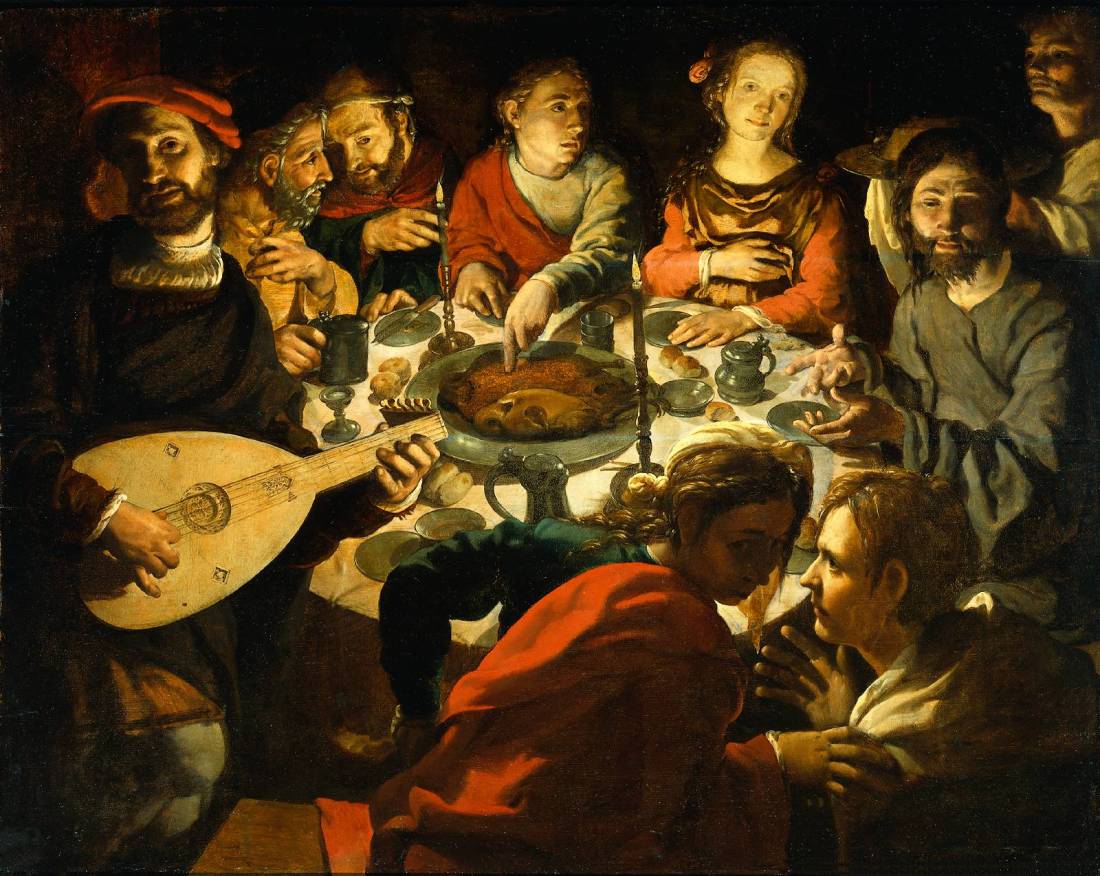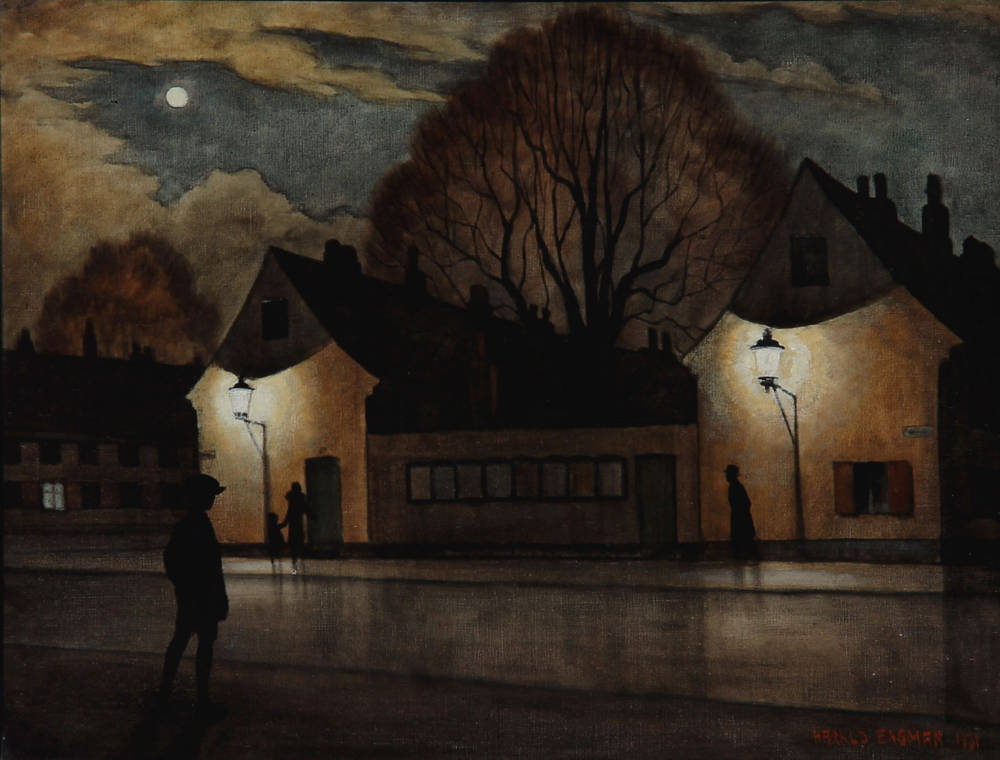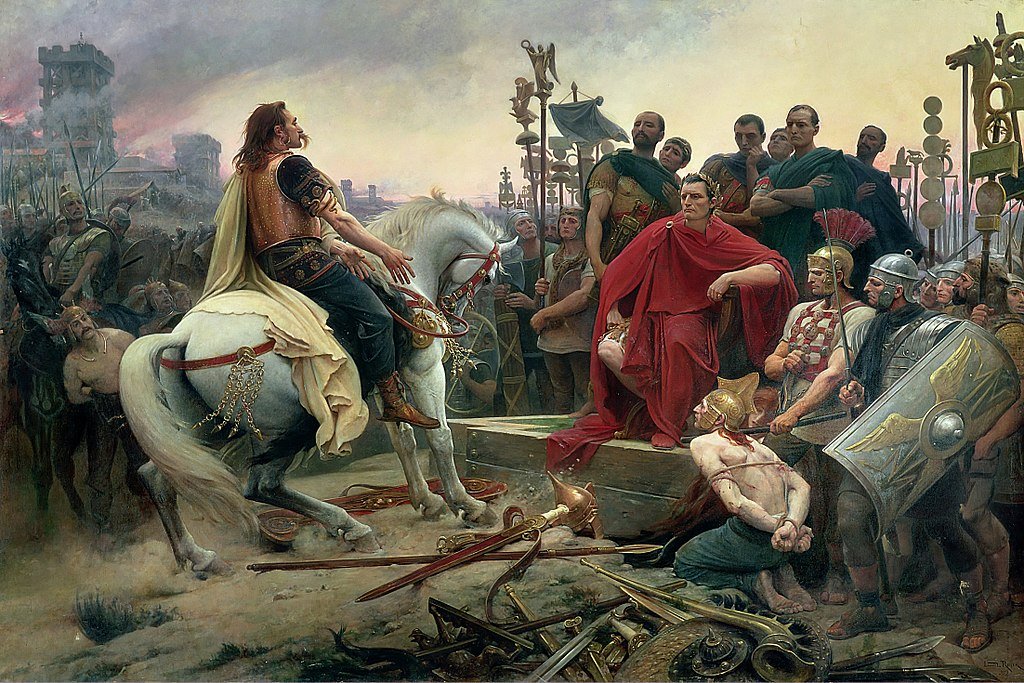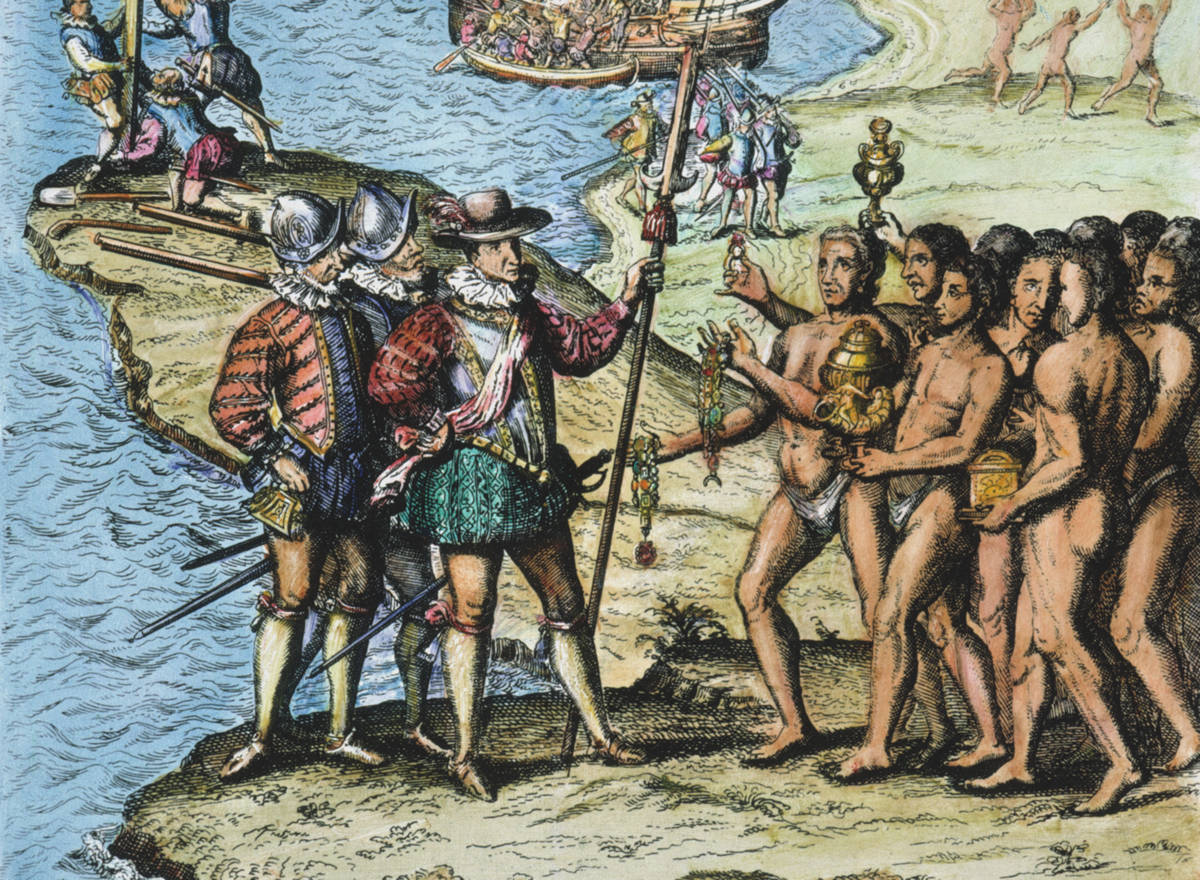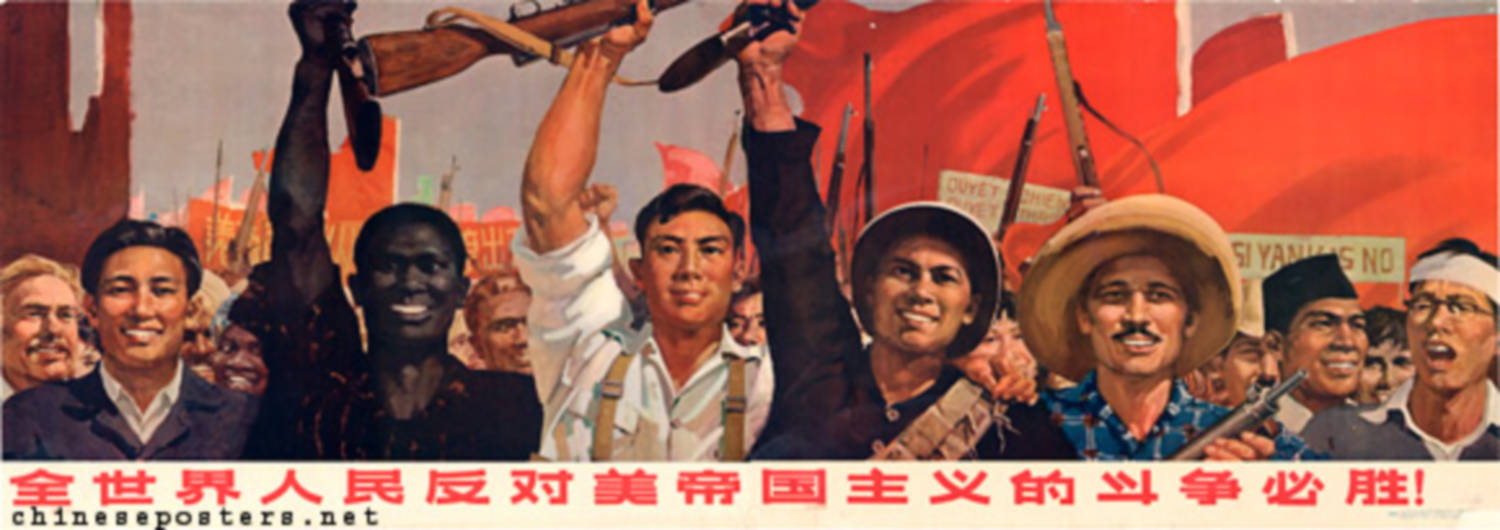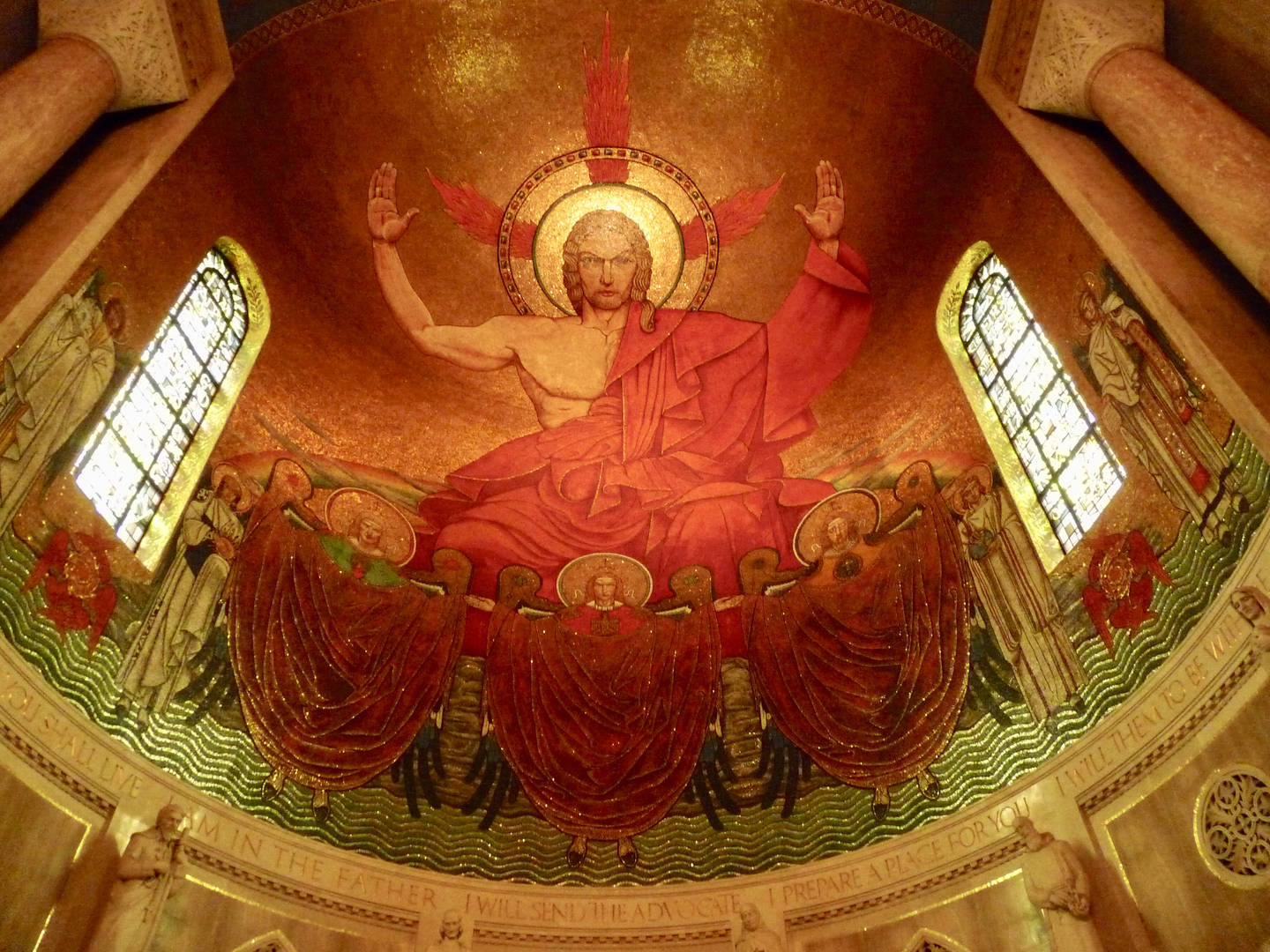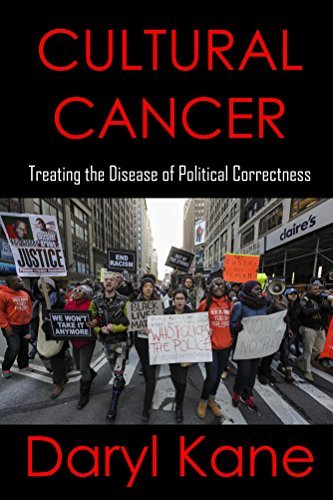Through the generosity of La Nef, we are greatly privileged to present this interview with Rod Dreher, the well-known Orthodox journalist and writer, who is the author, most recently, of Live Not by Lies: A Manual for Christian Dissidents – and Mathieu Bock-Côté, the Quebec sociologist, thinker and writer, whose new book is La Révolution racialiste, et autres virus idéologiques. The interview is conducted by Christophe Geffroy.
La Nef (LN): How would you summarize the main dangers threatening our Western democracies and do you consider that there is a serious risk of drifting towards a form of totalitarianism?
Mathieu Bock-Côté (MBC): Whatever those who do not want to see anything say, the diversity-regime everywhere imposes increasingly severe ideological control of populations, as if it was necessary to transform Western societies into a vast ideological re-education camp. Whether we are talking about the situation in universities, in the media, or in private enterprise, Wokism is normalizing and turning into the Inquisition. Through it, political correctness becomes fanatical.
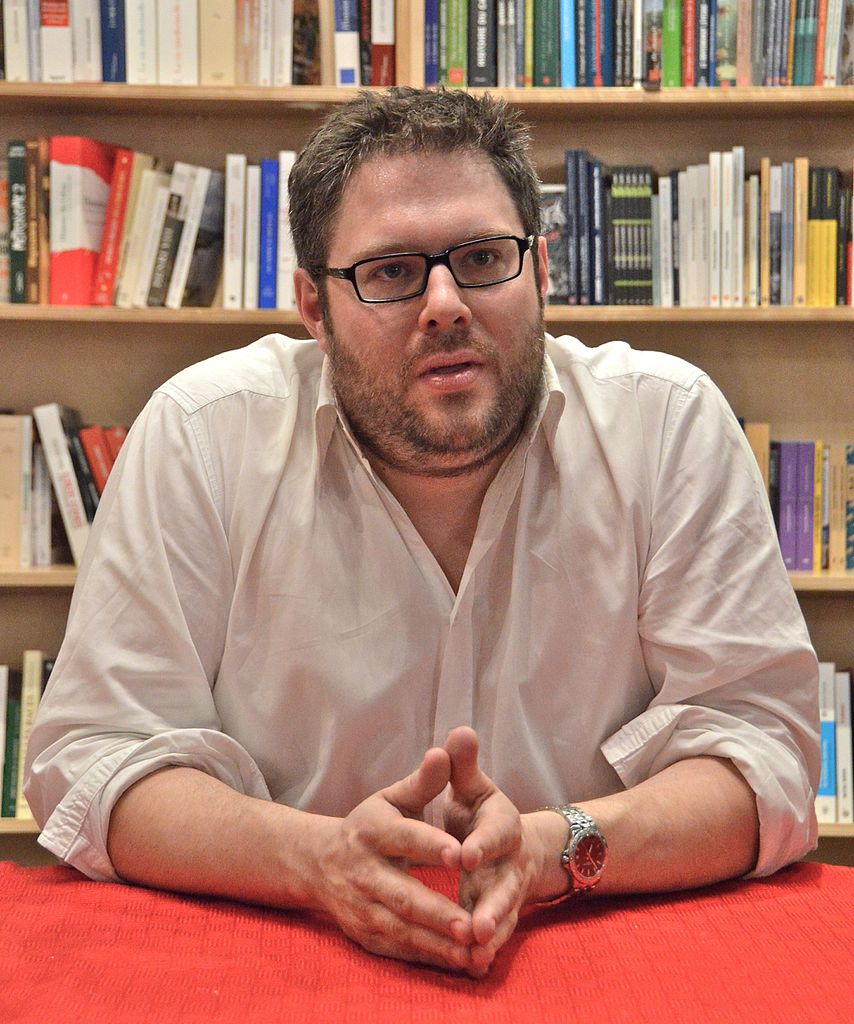
At the heart of this ideological dynamic is the demonization of the so-called white man who must kneel down, self-criticize and even self-destruct, in order for the world to be reborn, under the sign of diverse revelation. All Western societies are structured around white supremacy, and they must tear themselves away from it. It is only in this way that “systemic racism” will collapse, which however requires a complete reconstruction of all social relations and a permanent control of public speech, to prevent remarks transgressing the “inclusive” and diverse orthodoxy. Western historical majorities have taken up the baton from the Vendée and the Kulaks in the narrative of the scapegoat – they are treated like the dead wood of humanity.
So, to answer your question, I believe, yes, that we are faced with a totalitarian temptation – the resistance of peoples is extreme right-wing; dissent is assimilated to hatred; the laws to combat the latter are increasingly coercive; phobization of the political opponent becomes the norm; and through this, we dream of making a new, New Man, forever renouncing his Western filiation to be reborn purged of his past. History is accelerating – the woke inquisition represents the 1793 of the diversitarian regime.
Rod Dreher (RD): We are already in what I call “soft totalitarianism.” I call it “soft” for several reasons. Firstly, since it does not look like the Soviet version, with the gulags, it is more difficult to detect. Second, it makes people believe that it is full of compassion towards the victims. Yet it is still totalitarianism! Twenty years ago, René Girard understood this. He said: “The current process of spiritual demagoguery and rhetorical escalation has transformed concern for the victims into totalitarian command and permanent inquisition. “
A totalitarian order is an order in which there is only one acceptable political point of view, an order in which all of life is politicized. This order is conquering the institutions of life in the Anglosphere with astonishing speed. What is soft today will become hard.
Solzhenitsyn said that communism conquered Russia because “men had forgotten God.” This is also true for us, in our time and in our country. We have turned our backs on God and find that it is impossible to build a life-giving civilization without Him. Michel Houellebecq is a great diagnostician of the fatal malaise of the West. When the transcendent dimension of life has been forgotten, or denied, people try to fill the void of God within themselves through sex, shopping, and hedonism. And when that doesn’t work, they turn to political pseudo-religion.
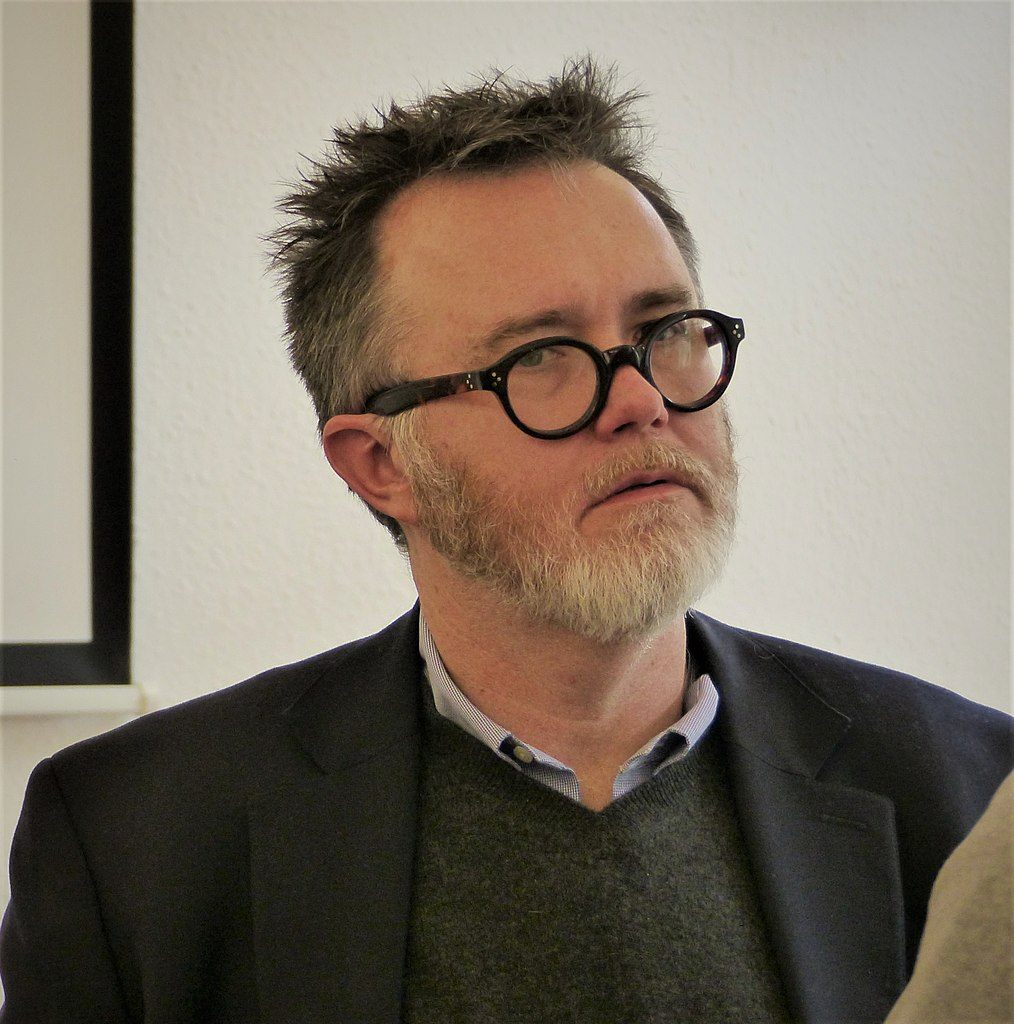
Hannah Arendt’s book, The Origins of Totalitarianism (1951), studied how Germany and Russia fell into totalitarianism. All of the major signs identified by Arendt are present today, in particular our deep sense of social atomization, our love of transgression and our contempt for the truth.
LN: The new tyranny is exercised by a police force of thought which has acquired an exorbitant power. How do you explain this hold on people’s minds, and especially the fact that it affects subjects unanimously rejected not long ago (the new “racialism,” “marriage” between people of the same sex, surrogacy, euthanasia, etc.)?
RD: Eminent American sociologist James Davison Hunter argues that almost all cultural revolutions begin with the elites, who disseminate their ideas through their networks and then to the masses. In the United States, this highly ideological way of thinking first won over the elites in the universities. Most of their ideas were so extreme that one didn’t worry about their spreading. But when these ideas hit the media, the propaganda never stopped.
Six years ago, large corporations got heavily involved in promoting progressive cultural policies – pro-LGBT, pro-Black Lives Matter, etc. – perhaps to prevent the Left from asking too many questions about their business practices.
Today, what is called “woke capitalism” is perhaps the most effective force in American society that drives these progressive follies. At the heart of the problem is that its followers now control all points of entry into the middle class and career success. This is now the ideology of those who want to succeed professionally, and of the young generation heavily indoctrinated by social media.
MBC: I absolutely agree with Rod Dreher about the revolutionary power of woke capitalism. Having said that, you will allow me to sort out the subjects you raise and not to condemn or accept them as a whole; but I understand the meaning of your question. The peculiarity of the “diversitarian” regime is precisely to normalize the claims from “minorities,” and to pathologize what was until recently called common sense, by reducing it to an aged stock of prejudices and stereotypes. It appropriates the reference to democracy in order to reverse its meaning – which now boils down to the extension of the rights of “minorities” and the de-substantialization of the historical people. It has the administrative apparatus of the social state, converted into a therapeutic state, to modify social behavior.
Thus, it suffices for a movement claiming to be for “minorities” to formulate a demand for it to be immediately translated into a fundamental right which it therefore becomes scandalous to oppose. Whoever confesses the slightest reservation will be designated for public revenge, as we have seen with the fate reserved for J.K. Rowling, who had the nerve to recall that a man is not a woman, and to contest the transformation of identity fluidity as a new anthropological norm in Western societies. It is not without reason that gender theory takes place so much in our public life – if we manage to make a society accept that men and women do not exist and are only arbitrary social constructions, then we can make society accept everything. At the heart of the diversitarian regime, we find a constructivist fantasy – that of the integral plasticity of the social order. We also see it in what is called “inclusive writing.” Everything, everything, everything, must be ideologized.
LN: Are not all these drifts, which gradually reduce our freedoms, due, in particular, to the fact that, like children too spoiled by a long period of prosperity without major hardships, Western people have lost the love of freedom. We have seen with the Covid-19 pandemic that most prefer “health security” to their freedoms?
RD: I don’t know if it’s correct to say that the problem is a loss of our love of freedom. I cannot speak about the situation in France, which has experienced a much more severe health lockdown than in the United States. But in America, I saw something different during the Covid. Many people thought that any attempt at coercion was intolerable. The idea of making a sacrifice for the common good struck them as bizarre and offensive.
My experience of speaking with Christian dissidents in the Soviet bloc has made me realize that, in addition to strong faith, the two things absolutely necessary to resist oppression are solidarity with others and consent to suffering. We don’t have that anymore. It feels like America is collapsing.
I believe things will become clearer with the under 40s. They are much more anxious than previous generations. Many of them will willingly give up their political freedoms in exchange for a guarantee of personal enjoyment and security. They will not only accept soft totalitarianism, but demand it. A professor told me that he had stopped teaching Aldous Huxley’s novel Brave New World (1932) because none of his students recognized it was a dystopia; they all thought it looked like paradise.
MBC: The real issue lies elsewhere, I think. We underestimate the effect of the ideological conditioning of the last decades, which has delegitimized all common norms and which has sanctified the victim position. “I am a victim of the white man therefore I am.” This is how we now access public space.
Our civilization is haunted by the fantasy of its own annihilation, as also evidenced by antispeciesist neurosis.
LN: In Europe, massive immigration has imported a major problem with Islam being now the majority in certain neighborhoods and impossible to assimilate, not to mention Islamism and the terror it blindly sows. What do you think? Do you think the dangers are the same in North America and Europe?
MBC: No society can be absolutely indifferent to the population that makes it up. A people is not just a legal, administrative or statistical abstraction. It would be wrong to underestimate the effect of massive immigration which is destroying the cultural and demographic balances of Western societies, especially as it goes far beyond their capacity for integration. This is also true in North America, which is not, however, a homogeneous bloc. The United States seems to me to have taken over from the USSR as the revolutionary power of our time and is now getting lost in an obsession with diversity that will ruin it. This country seems doomed to me to be lost in a spiral of regressive violence. I say it with sadness – I loved the United States.
Canada is a non-country. It has renounced its history to become the receptacle of the embodied diversity utopia, the place of radicalized multiculturalism. As a proclaimed post-national state, it believes it represents the next step in the history of mankind.
Allow me a few words on the situation of the people of Quebec, landlocked in a federation that denies its existence, and accuses it of ethnic supremacism every time it seeks to recall federation. The question of Quebec is inseparable from the old aspiration of the Quebecois people to assume their “vital difference” in America, and ultimately to establish themselves as an independent state. But massive immigration condemns French-speaking Quebecers to become a minority in their own country – in other words, to become foreigners at home, because populations of immigrant origin are Canadianizing and Anglicizing themselves much more than they are Quebecizing and francizing. We are witnessing the quiet erasure of a people in their own country, where it is gradually transformed into a residue of folklore. The question of small nations, to use the category forged by Milan Kundera, reminds us of one thing – it is important for what we will call a “historic people” to remain clearly in the majority at home. It is on this condition that they will succeed in integrating men and women from elsewhere into their culture.
RD: I would like to respond to Mathieu about the disintegration of the United States. I am living in Budapest for the summer months on a scholarship. It is utterly astonishing to me how clearly obvious America’s suicide appears from Europe. I’m not surprised that we Americans are destroying our country – that’s obvious to anyone with a brain. But stepping outside the borders of the United States makes you realize that it’s even worse than we thought. I have felt for the past few years that the best way to understand what lies ahead for America is to look at the history of the Spanish Civil War. Americans have a lot of guns, but it’s impossible for me to imagine that we’ll have a real civil war. I believe that the state will eventually impose a social credit system to control the population, because that is the only way to contain the violence of people who despise what the ruling ideologues do to them.
To come back to your question, I believe that Islam is first and foremost a European problem. In North America, Muslim immigrants assimilate more easily. It seems to me that you Europeans cannot face the problem because the Left will not let you speak frankly about it. God help you if this Anglo-Saxon cultural virus of racialist theory finds a way to infect Europe, and mutates into a pro-Islamic form. There will be no possible solution in that case.
We see in America that where this racialist ideology has prevailed, dialogue is utterly impossible; everything becomes a question of power. I don’t know if a peaceful solution is even possible now. This is why I believe more than ever in the “Benedictine Option.” There is no escape from what is to come – but with God’s help we can bear it.
LN: A purely procedural democracy like ours, emancipated from all limits, because having rejected the idea of a truth that goes beyond us, can only lead to the tyranny of the majority, or more precisely of organized minorities practicing a severe police force of thought to impose their views “democratically.” Is a democracy without God, that is to say without transcendence imposing limits on the human will – is such a democracy even viable?
MBC: In this regard, I am modern – modern democracy cannot be based on the assumption of God, even less in a world where his existence is no longer taken for granted. This does not mean, however, that the question of transcendence can be abolished. But the transcendence of the moderns is culture, knowing that we are rubbing shoulders with the abyss, and that the world can slip away under our feet. Hence the importance of transmission, of ensuring its duration, bequeathing the heritage of civilization, which is ours, while enriching it. Let me add that the Covid crisis has shown us how inhuman a ritualized, artificialized existence is. The abandonment of funeral rituals during the pandemic brought us, in the name of sanitary reason, to the threshold of barbarism. Likewise, it is not a question of denying the sacred, which is consubstantial with the political and historical order, and which has invested in the nation – are we not talking about the sacred love of the fatherland?
One thing is certain. The integral contractualism of existence pushes towards the dissolution of the world, insofar as it is reality itself which must dissolve under the weight of a tyrannical subjectivity, which comes to the conclusion that it is the non-existence of the world. The West, existentially pitted and reduced to a series of disembodied principles, no longer knows how to respond to Islam, which it wants to see as a spiritual preference among others, and no longer as a civilization; no more than before Islam. massive immigration. We need to rediscover a political philosophy allowing us to perceive and politically recapture anthropological permanence.
RD: This is an extremely important question. The short answer is no, it is not viable, for the reason given in your question. I think of the famous line of T.S. Eliot: “If you will not have God (and He is a jealous God) you should pay your respects to Hitler or Stalin.” Maybe I lack vision, but I don’t see how we can live in peace without God, except under tyranny. Most of us see clearly that liberalism is dying because it has been so successful in “freeing” the individual from God, from the community and from the past. No one can live like this forever. But what will replace it?
In North America, Mathieu and I live in pluralistic countries. If liberalism can no longer rule us, then what? In the United States, there are a few Catholic intellectuals who offer an integralist view, but it is a utopian dream. Catholics are a minority in America, and the number of them who would submit to a “full Christian state” would not fill a small town ballpark. They are looking for a political solution to a problem that is basically spiritual. And they are not alone. Both on the Left and on the Right, everyone is really looking for God – but a God compatible with their individual and liberal conceptions that they will not be able to find, so they create a world ready to accept the Antichrist.
Translated from the French by N. Dass.
The featured image shows, “Safe and Sanitized,” by Jordan Henderson; painted 2021.

